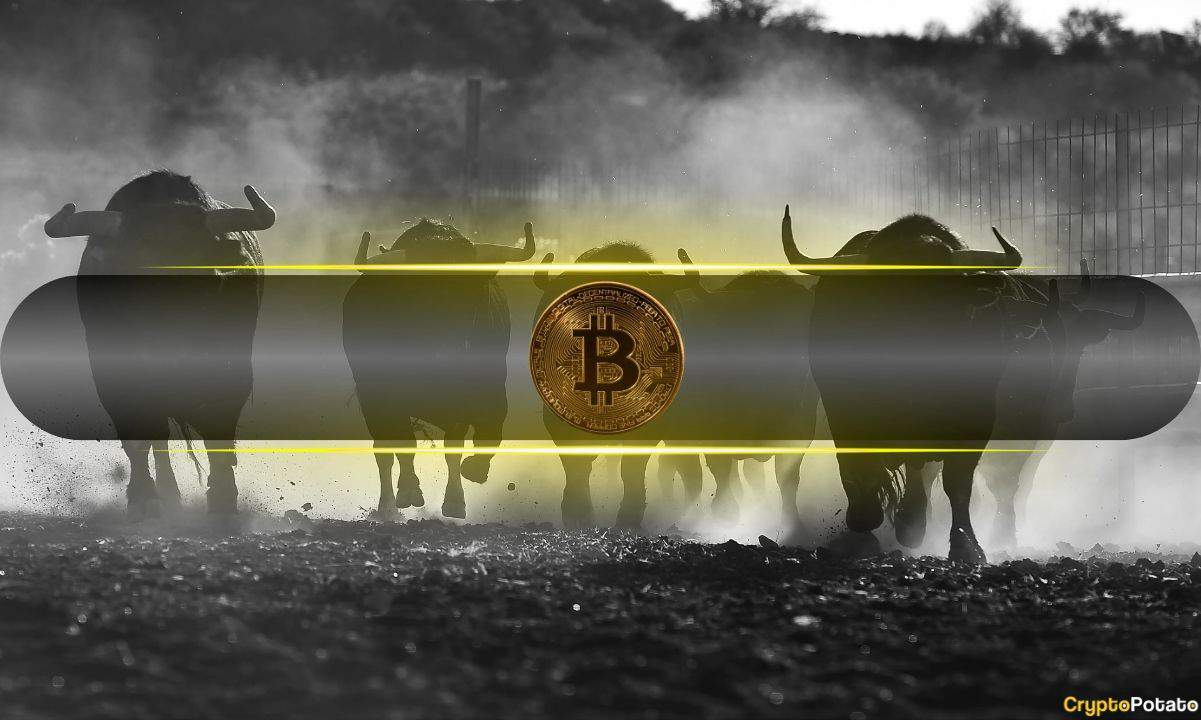Solana Foundations Takes Action Against Validators Enabling Sandwich Attacks
Sandwich bots have been wreaking havoc on the Solana network for quite some time. In a bid to crack down on these attacks, the Solana Foundation has decided to remove a group of validator operators from its delegation program.
The decision was made due to the involvement of these operators in carrying out “sandwich attacks” on Solana users.
Solana Foundation’s Final Word
In the foundation’s official Discord channel, the Solana Validator Relations Lead, Tim Garcia, said these decisions are final, and enforcement action will continue as they detect operators participating in mempool activities that enable sandwich attacks.
“Anyone found engaging in such activity will be rejected from the program, and any stake from the Foundation will be immediately and permanently removed.”
According to Mert Mumtaz, who happens to be the co-founder of Solana RPC provider Helius, this move aims to ensure that the foundation does not delegate to validators who conduct malicious attacks targeting retail users.
Mumtaz clarified that sandwich attacks are a malicious form of maximal extractable value (MEV) attack that ensures that retail users always get the worst prices while the attackers extract all the profit. While Solana’s design natively prevents such attacks, some actors modified their validators to enable sandwiching.
He further stated that stake pools will likely adopt similar policies against sandwich attacks in the future.
“Sandwich Attacks”
The foundation’s decision comes as a welcome respite considering the fact that sandwich attacks is one of the most common types of MEV wherein bots scan the Solana network for users attempting to purchase a token. The bots then jump ahead in the transaction queue and place a large order for that token before the user’s order is processed.
Such a tactic drives up the token’s price. Once the user’s trade goes through at the inflated price, the bots sell their tokens at the new higher price, profiting from the artificial price increase they triggered at the expense of the user.
The post Solana Foundations Takes Action Against Validators Enabling Sandwich Attacks appeared first on CryptoPotato.









